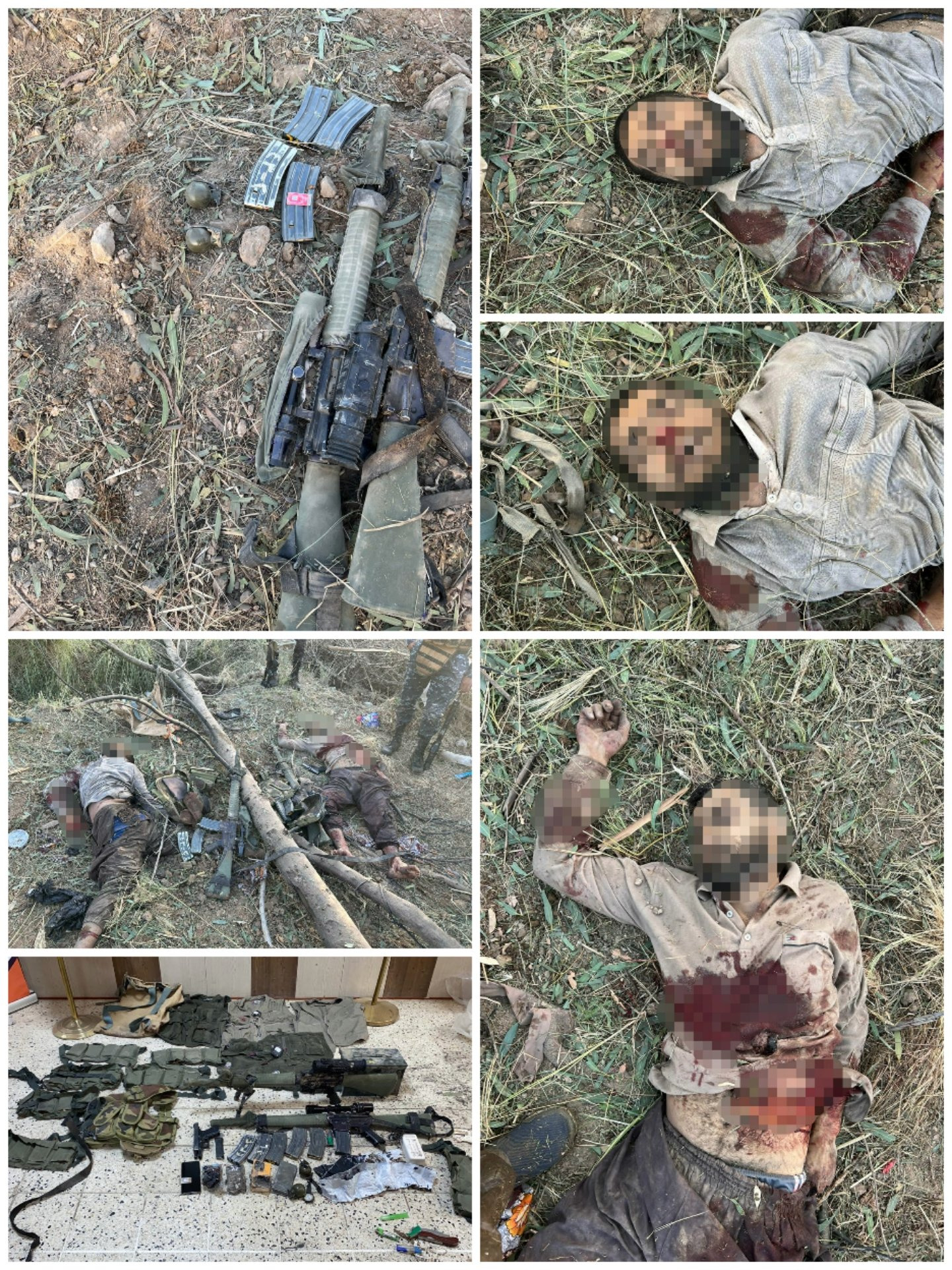
Iraqi Air Force F-16s during a training sortie on July 18, 2019. (U.S. Air Force photo by Staff Sgt. Chris Drzazgowski)
On July 6, the Iraqi Air Force (IQAF) carried out airstrikes against a hideout of ISIS terrorists in the district of al-’Abara in the eastern province of Diyala.
In a statement, the official Security Media Cell said that the IQAF targeted the hideout in coordination with the Iraqi National Intelligence Service. A security force inspected the hideout after the airstrikes, where the dead bodies of two terrorists were found along with light firearms and other military equipment.
The IQAF released video footage of the airstrikes, which were carried out by F-16IQ fighter jets armed with precision-guided bombs.
This was the IQAF’s second operation against ISIS this month. On July 1, Iraqi fighter jets launched airstrikes against hideouts of ISIS cells in the northern area of Hatra, which is located along the administrative border between the northern provinces of Nineveh and Saladin.
Iraq announced the defeat of ISIS in 2017. However, the terrorist groups continue to wage an insurgency, mainly in the country’s western, northern and eastern region.
The IQAF stepped up its operations against ISIS in the last few months, inflicting heavy human and material losses on the group and demonstrating Iraq’s capability to deal with the terrorism threat without any support from the United States-led coalition.
MORE ON THIS TOPIC:






